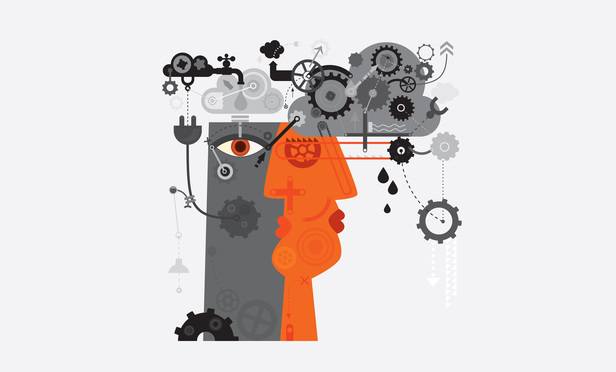In all my years covering legal tech nology, I’ve never seen more buzz around anything than we now see around artificial intelligence. There are stories in the legal press almost every day, and in the run-up to this year’s International Legal Technology Association Conference (ILTACON), I must have received 20 press releases promoting some vendor’s AI offering. It took Gartner more than a decade to publish any kind of report on enterprise legal management, but they’ve already started covering AI for legal. And I’ve heard countless stories of operations and IT professionals at both law departments and law firms being told to “get us AI.”
All that, without any real definition of what AI is, at least in the context of the practice of law. According to the dictionary, AI is “the capability of a machine to imitate intelligent human behavior.” In the legal space, that could mean any number of things, which is why searching for AI technology, rather than simply for tools that solve your problems, is a backwards approach.
A Primer on What Doesn’t Matter
This content has been archived. It is available through our partners, LexisNexis® and Bloomberg Law.
To view this content, please continue to their sites.
Not a Lexis Subscriber?
Subscribe Now
Not a Bloomberg Law Subscriber?
Subscribe Now
LexisNexis® and Bloomberg Law are third party online distributors of the broad collection of current and archived versions of ALM's legal news publications. LexisNexis® and Bloomberg Law customers are able to access and use ALM's content, including content from the National Law Journal, The American Lawyer, Legaltech News, The New York Law Journal, and Corporate Counsel, as well as other sources of legal information.
For questions call 1-877-256-2472 or contact us at [email protected]



